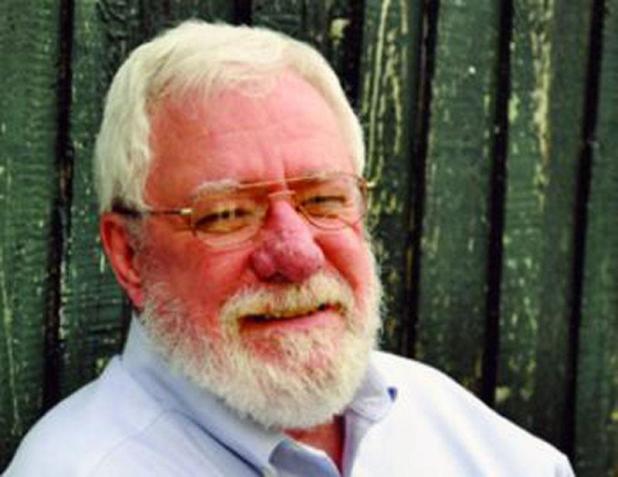
Jim Bradshaw
‘Pleasure seekers’ were caught in great storm
After the hurricane on Sept. 8, 1900, that destroyed Galveston, the headline in the Abbeville Meridional read, “We Missed the Storm.” It’s true that south Louisiana felt nothing like the Texas coast, but we were not entirely missed.
The hurricane was the worst natural disaster ever to devastate an American city. It came ashore between Freeport and Galveston, cutting the island off from the mainland and completely submerging it.
David G. McComb wrote in a history of the city, “No one knows for certain how many people died on Galveston Island and the mainland. … The best estimate for Galveston alone is 6,000 deaths. … The Galveston Daily News on Oct. 7, 1900, listed 4,263 identified dead.” (Galveston: A History. Austin: University of Texas Press, 1986.)
According to a New York Times report, “the waters of the Gulf and bay met, covering the island to a depth of from six to twelve feet.”
The National Weather Service noted in 2000, the 100th anniversary of the storm, “The number of people who lost their lives on that single day represents more than the combined fatalities resulting from the 325 tropical storms and hurricanes that have struck the United States since then. In fact, that single event accounts for one third of all tropical storm or hurricane-related fatalities that have occurred in the nation since it was founded.”
In the words of Clarence Ousley, editor of the Galveston Tribune, on Saturday, Sept. 8, 1900, it was “a city of splendid homes and broad clean streets; a city of oleanders and roses and palms; a city of the finest churches, school buildings, and benevolent institutions in the South, a thriving port.” On the next day it was reduced to “a city of wrecked homes and streets choked with debris sandwiched with six thousand corpses; a city . . . with the slime of the ocean on every spot and in every house; a city with only three churches standing, not a school building or benevolent institution habitable … a city whose very cemeteries had been emptied of their dead as if to receive new tenants.” (Galveston in Nineteen Hundred: The Authorized and Official Record of the Proud City of the Southwest as it was Before and After the Hurricane of September 8, and a Logical Forecast of Its Future. Atlanta: William C. Chase, 1900.)
At least one “benevolent institution” was standing after the storm, and that was a fortunate thing for Alida Broussard, a young girl from Abbeville who was a student at the Ursuline Convent there. “While the storm raged violently … and did great damage to property, blowing down some of the buildings, there was no loss of life among the inmates of this institution. The good sisters threw open their doors and gave refuge to hundreds of persons driven from home during the storm,” according to the Meridional.
The storm at first looked like it might land south of Lake Charles and came close enough to raise tides in Cameron Parish and send gusty winds as far inland finally as DeRidder before it turned west and drifted along the coast to Texas.
In Abbeville, the wind blew “very hard” and “the tide in the bayou was higher than known in 25 years.” As far east as New Orleans there were gusts of more than 50 miles per hour.
Fifteen “pleasure seekers” from Mermentau who were caught aboard a boat in the Gulf may have experienced the scariest episode in Louisiana.
Another boat, the steamer Bernie Holmes, went looking for them after the storm and sent back the report after hours of searching that “the Danton was lost on the gulf, but the people were safe at Grand Cheniere.”
According to that report in the Mermentau Messenger, “The … Bernie Holmes got back Tuesday with the rescued party, from whom we learn that they were on the beach in the water after the Danton broke away, and finally the women and children were pulled through the water in a boat that had been saved, to a tree upon which they all climbed and remained from Saturday morning until Sunday noon, when they crossed the river to the ridge and were cared for by the people living there. They were 42 hours without food or drink.”
You can contact Jim Bradshaw at jimbradshaw4321@gmail.com or P.O. Box 1121, Washington LA 70589.
